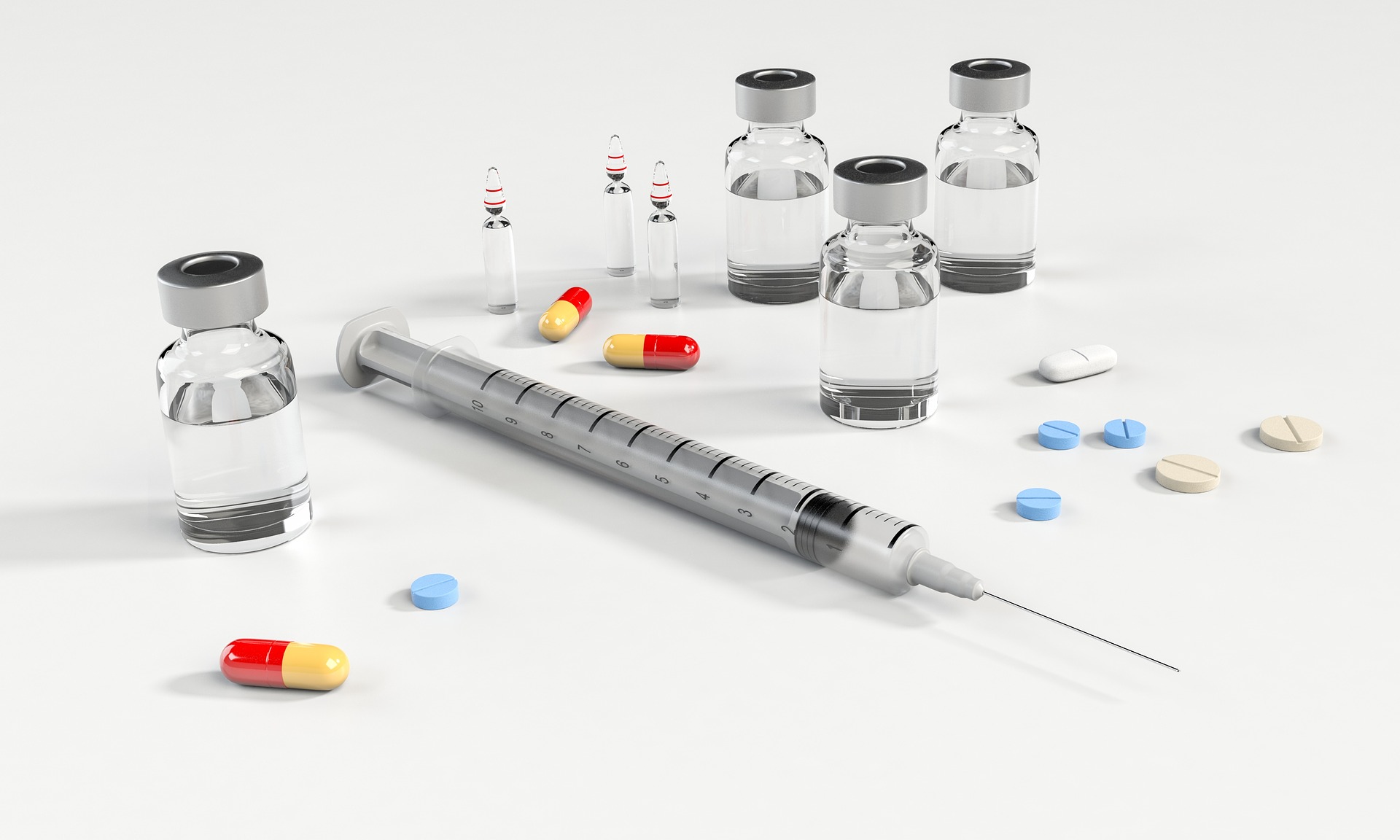Research
Light Cannabis Legalized – Study reveals a decrease in the sales of pharmaceutical drugs

Light cannabis or low THC hemp derived flowers used to be sold freely at shops all across the country before Italy’s interior minister declared a war against the substance using a legal loophole.
People are still skeptic whether or not will the substance be allowed to sold again and used without any stringent restrictions from June onwards. The nation’s Supreme Court of Cassation is expected to look into the matter and discuss the legality of hemp-derived cannabinoid later this month.
According to a new study, the sales of medicinal drugs declined dramatically after light cannabis was introduced in the market. The pharmaceutical industry as a whole saw a massive drop since the new light cannabis came into action around 10 months back.
Researchers in York University, UK wrote that after the introduction of the policy which legalized light cannabis in a given province, they noticed a reduction in the number of dispensed boxes of anxiolytics by almost 11.5%, decrease in dispensed sedatives by 10% and a gradual decrease in anti-psychotics by 4.8%.
In 2016, a new law was enacted in Italy regulating hemp production which unintentionally set off a “green gold rush”: Cannabis flower with 0.2% or fewer traces of THC became legal to sell and purchase as a collector’s item. People can buy jars filled with hemp flower but can’t consume it.
Contrary to the federal law which passed the Farm Bill 2018 in the United States that removed hemp derived cannabinoid from its list of Controlled Substance Act with a set of regulatory reforms, Italy removed certain restrictions which resulted in the prompt actions taken by companies and retailers that allowed them to sell hemp flower as a “technical product.”
A study published in the Health Econometrics and Data Group Working Paper series is a new study which sheds light on the newly legalized low THC levels cannabis.
The study’s authors found that the unintended liberalization of light cannabis opened up new pathways for cannabis research and led to some jaw-dropping research revelations that could prove to be a turning point for the medicinal industry. It also created a great entry point to study the behavioral pattern of the users taking hemp flowers for their medicinal use and how it could reduce the consumption of medicinal drugs.
The light cannabis overpowered other pharmaceutical drugs including opioids, anxiolytics, anti-migraine, anti-depressives, antipsychotics, sedatives and anti-epileptics.
For their research, they gathered monthly data on pharmaceutical drug sales for all 106 Italian provinces from January 2016 to February 2018. On a monthly average, they found that the Italian health authority provides reimbursements for 28 packets of sedatives and 72 boxes of anxiolytics per province.
They also recorded the reimbursement of 12,610 packets for opioids, 27,198 packets for anti-depressants, 4,802 packets for antipsychotics, 27,198 for anti-depressants, 2,504 boxes for anti-migraines and 18,460 packets for anti-epileptics.
With the ease of accessibility to light cannabis at retail stores, the average number of dispensed pharmaceuticals decreased by approximately 1.6%. The most common ailment targeted by these drugs were mental disorders or stress issues that patients were suffering from.
It is known that hemp derived cannabinoid with low levels of THC or 0% THC can help reduce pain, anxiety, inflammation, stress, depression and also cure severe ailments such as Cancer, epilepsy, and seizures. Though there is no internationally recognized study which supports these claims, patients have reported significant benefits after using CBD just for a few days.
The study concluded that even a mild form of liberalization may generate a significant effect on the pharmaceuticals market. Researchers encourage lawmakers and stakeholders to form regulatory policies to ensure safe and healthy consumption of the substance without putting any lives at risk or harm.
Meanwhile, in the U.S., the Food and Drug Administration has announced a public hearing on May 31, where it will discuss the regulatory model and the impact of CBD with stakeholders. They have kept the forum for discussion open until the next month after which serious evaluation will be done and a final decision can be expected. However, as per Scott Gottlieb, the Commissioner of the FDA said it could take several years for the regulatory model to be announced.
